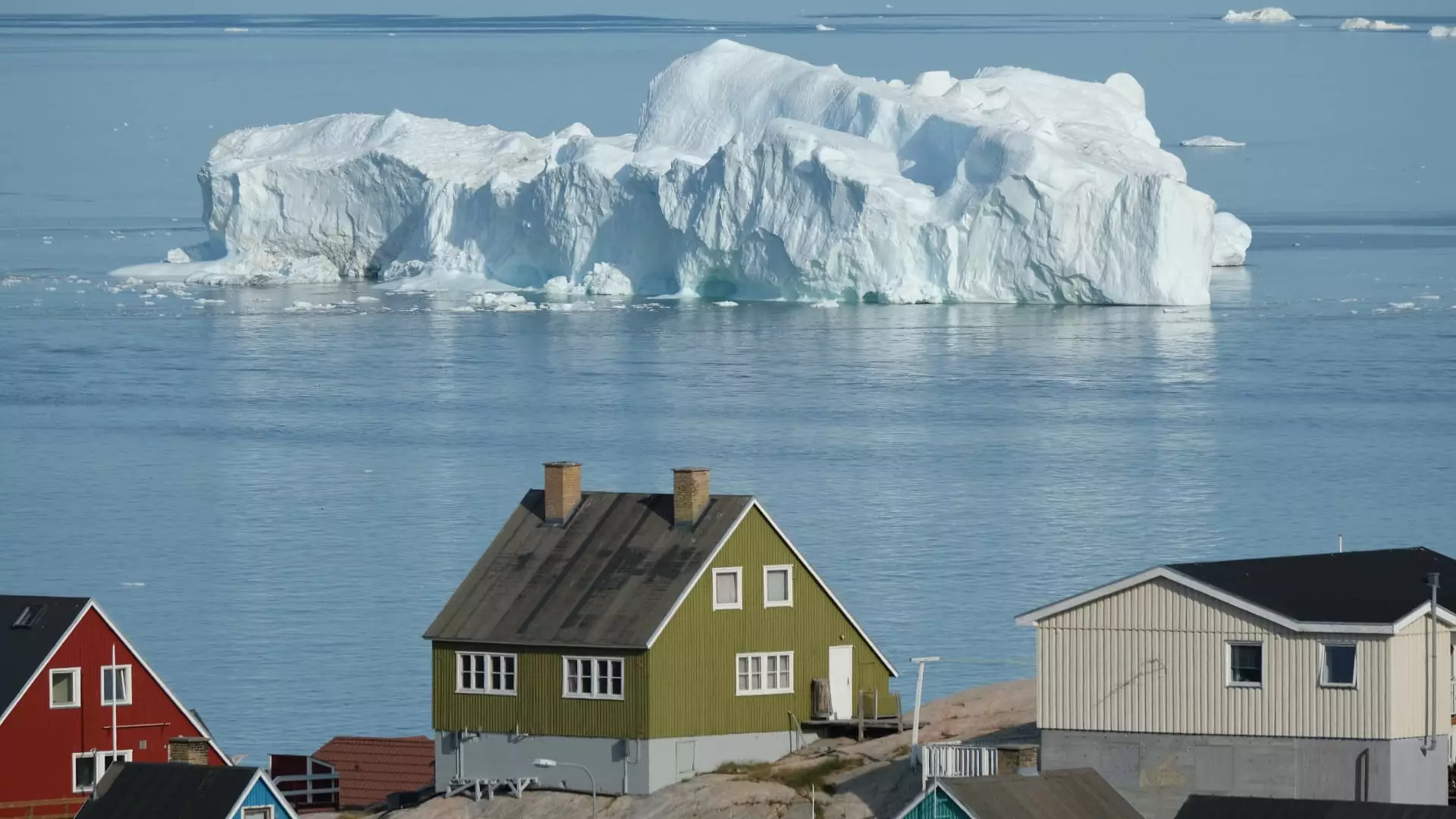The strategic value of Greenland has increasingly come to the forefront of international relations, drawing attention from major powers like the United States, China, and Russia. President Donald Trump notably expressed an interest in acquiring this vast Arctic territory, suggesting that coercion—whether military or economic—could be considered to fulfill his ambitions. While Denmark controls Greenland as an autonomous territory, the island’s significance extends far beyond its governance. Its geographic position is critical as Arctic navigation routes become more accessible due to climate change, and military considerations intensify.
The Arctic region is witnessing a surge in geopolitical competition as nations vie for control and influence. Greenland is often described as “ground zero” for this contest, with scholars like Kalus Dodds drawing attention to how its importance has escalated in the face of global warming and shifting power dynamics. Russia’s renovation of Soviet-era military bases signals a rejuvenation of its Arctic military presence, while China’s attempts to expand its foothold through investments in infrastructure demonstrate its ambition to establish a significant role in the region.
In 2018, a Chinese state-owned corporation offered approximately $550 million to develop two airports in Greenland, although the bid was subsequently withdrawn. This episode reflects China’s ongoing aspirations to engage more deeply with the Arctic, specifically through initiatives like the “Polar Silk Road.” Such moves raise the stakes in this increasingly contested geopolitical landscape and showcase the potential economic opportunities that lie in the melting Arctic ice, which creates new shipping routes and access to untapped resources.
As Arctic affairs evolve, Greenland’s geographical relationship to the United States’ national security infrastructure cannot be overstated. Observers note that Greenland’s real estate is pivotal in bolstering the U.S. ballistic missile warning system. With China rapidly enhancing its intercontinental ballistic missile (ICBM) capabilities, maintaining a strategic presence in Greenland may become imperative for U.S. defense planners. As Brent Sadler, a senior research fellow at the Heritage Foundation, points out, Greenland is not only an operational asset but also an essential component in the context of rising global threats.
Beyond military strategy, Greenland’s location promises significant economic potential due to burgeoning Arctic shipping routes. With a reported 37% increase in Arctic shipping between 2013 and 2023, opportunities for commercial exploitation are on the rise. The warming climate is altering traditional shipping lanes, leading to prospects for states eager to engage in trade and develop resources.
The competition over Greenland encapsulates a larger struggle for power in the Arctic region. As the influence of great powers continues to grow, Greenland stands at a crossroads of military strategy, economic opportunity, and geopolitical ambition. Both the U.S. and China recognize its value, making the stakes increasingly high in this pristine, yet strategically vital territory. The actions taken now will not only shape the future of Greenland but also the broader balance of power in the Arctic geostrategic landscape.


Leave a Reply